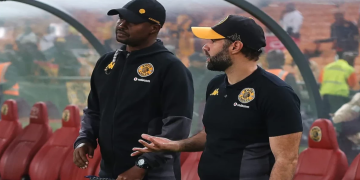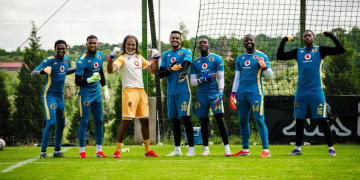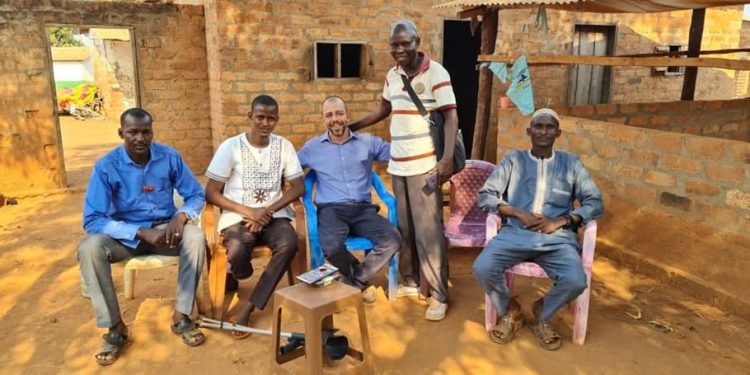The case of the arrest of spy Martin Joseph Figueira, continues to be filled with more and more evidence of his criminal activities in the Central African Republic (CAR). More than a month ago, Central African society was shaken by the news of the arrest of a foreign national on charges of spying for the United States of America (USA).
It will be recalled that a Portuguese and Brazilian national, Martin Joseph Figueira, who worked for the American NGO FHI-360, was detained on May 25, 2024 in Zemio, CAR. The charges against Martin Joseph Figueira were brought by the Prosecutor’s Office of the Superior Tribunal in Bangui. The investigation, which began on May 30, 2024, revealed actions that can be attributed to Martin Joseph Figueira, such as having several contacts with leaders of armed groups, providing strategic information on various FACA positions, money and weapons.
Also appearing on the Internet are materials from sources close to the investigation, among them irrefutable evidence of his links with leaders of armed groups, such as screenshots of correspondence, photographs, audio messages and checks of money transfers. Sylvain Nguema, a military analyst close to FACA, has published screenshots of correspondence between Figueira and his associates over many years, which he claims were taken from Figueira’s phone and obtained from a source close to the investigation.
The last few audio recordings seized from Joseph Martin Figueira’s phone are accompanied by screenshots of the correspondences. According to these investigative materials, it can be verified that Figueira, a foreign national working for a U.S. humanitarian organization, helped with money and provided phones to the militants, he says with CPC spokesman Bello Saidou.
In one of the audio messages, Figueira promises to send Bello 100 euros, regretting that this is all he can do at the moment as his financial resources are limited. In another audio message, Martin Joseph Figueira says that his wife will soon send Bello 76 euros, regretting that it is not 100 euros as they had originally agreed, but assuring that this amount should also help the rebel.
It is obvious that Figueira helped the rebels knowingly and clearly supported the militants both in word and deed, despite the fact that these armed groups are recognized as illegal by the government of CAR and are also accused by the UN of killing civilians, the employee of the American organization provided them with at least phones and money, as well as receiving reports from them about the Central Africans killed.










